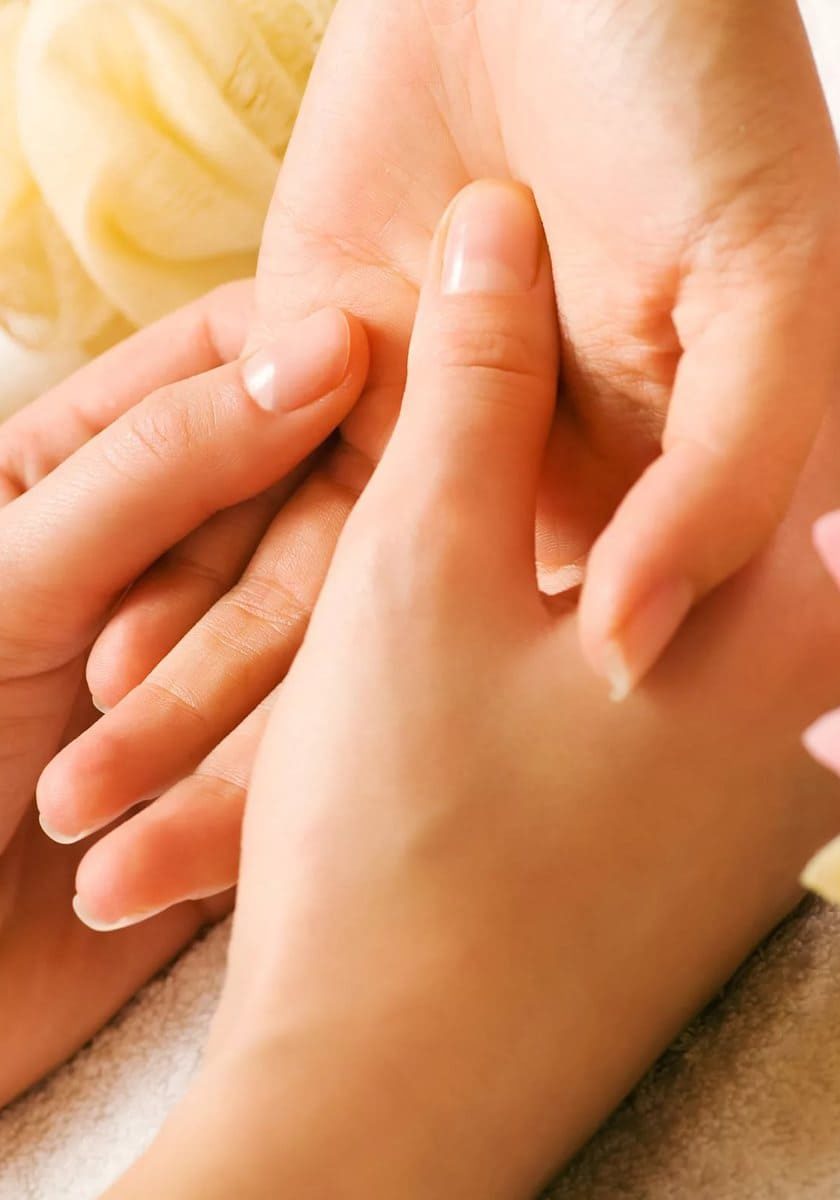Reflexology
What is Reflexology?
Reflexology is a natural therapy that has been used for thousands of years which works on the feet.
Reflexology is where you work on the bottom, top and sides of the feet and two inches over the ankle bone.
These reflexes correspond to different parts of the body.
Reflexology may help reduce stress and induces deep relaxation, improve circulation, balance the whole body systems.
You can invest in your Preventative Health Care whenever you like, why not start now and experience the holistic way to health.
Help yourself feel revitalized and reduce tension and be back in the driving seat. Why not.
Reflexology works with the subtle energy flow, revitalizing the body so that the natural internal healing mechanism of the body can do it's own work.
History of Reflexology
Reflexology dates back around 3,000 years and has been used by the Chinese, Indians, Egyptians and the American Indians. Their theory was that working on the feet would promote good health.
Reflexology was not only known to the Egyptians but also to the ancient Greeks, Arabs and the Indians and in the far east Buddhist monks introduced it to China and then into Japan.
However, it wasn't until 1913 that Dr. William Fitzgerald who is considered the founding father of modern Reflexology introduced it as 'zone therapy' to begin with to the western world.
Dr. Fitzgerald theorised that the body can be divided into ten longitudinal lines or zones. In 1913 he developed the Zone Theory of the Human Body, proving that certain parts of the body correspond to other parts.
It was not until the 1930’s that Eunice Ingham, a physiotherapist who used zone therapy with her patients, concluded that the feet were the most responsive areas for working on the zones due to the fact that they are extremely sensitive. She mapped the entire body onto the feet and found that therapeutic effects were far better when applied through the feet as compared to other parts of the body. It is Eunice we have to thank for the beginning of Reflexology as it is known today.
Modern Reflexology is both a science and an art.
Will reflexology help me?
Stress now occurs in all walks of life and reflexology is a therapy which can be received by anyone from the start of life to the end of life.
Stress occurs from inside our body, by reacting to outside situations. It is up to the individual how they handle and deal with these situations, to keep themselves healthy.
When stress is present for a short period, that is fine, when the stress level increases or becomes long term, then this effects our immune system, depletes our natural resources in the body, and opens us up to illness.
What happens when I go for reflexology
Reflexology is a very easy treatment to receive, with reflexology the most clothing you need to remove is your shoes and socks.
A full medical history will be taken and you will be asked to sign a consent form for treatment. This information is confidential, just like going to the doctors.
Then the hands will be used to apply pressure to the feet and and lower leg. You may feel area's of transient discomfort during a treatment but generally the experience should be relaxing.
Sometimes a course of treatment is recommended.
What the Reflexologist Finds?
What the reflexologist detects is an imbalance in the reflex, showing that area in the body needing attention either through reflexology treatment or medical help. The person will be advised to go to their G.P. by the therapist if needed.
Reflexologists do not diagnose - or say that they cure any condition.
REFLEXOLOGY may help conditons e.g
Reflexology has the ability to lift the spirits and bring back that feeling of well-being and joy back into ones life.
Stress and Reflexology
Stress now occurs in all walks of life and reflexology is a therapy which can be received by anyone from the start of life to the end of life.
Stress occurs from inside our body, by reacting to outside situations. It is up to the individual how they handle and deal with these situations, to keep themselves healthy.
How will I feel after a treatment?
After one or two treatments, your body may respond in a very noticeable way. Most people note a sense of well-being and relaxation. However, sometimes people report feeling lethargic, nauseous or tearful - this is usually transitory and reflexologists believe that it is part of the healing process. It is beneficial to give feedback whilst having a treatment as it shows the response of your body to the treatment. This will help during the session so as to tailor the treatment personally and specifically to your needs.
Remember you are in charge of the healing process all the way along. Your body will take from reflexology what it needs to bring about relaxation and balance back into your life.
Is reflexology suitable for me?
Reflexology is a therapy which can be received by anyone at any age, from newborn babies to those receiving end of life care, and anyone in between.
However, there may occasionally be times when it is not suitable to receive a treatment.
If you have any questions regarding your medical history or condition please do not hesitate to contact me.
